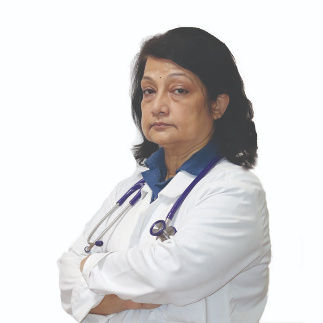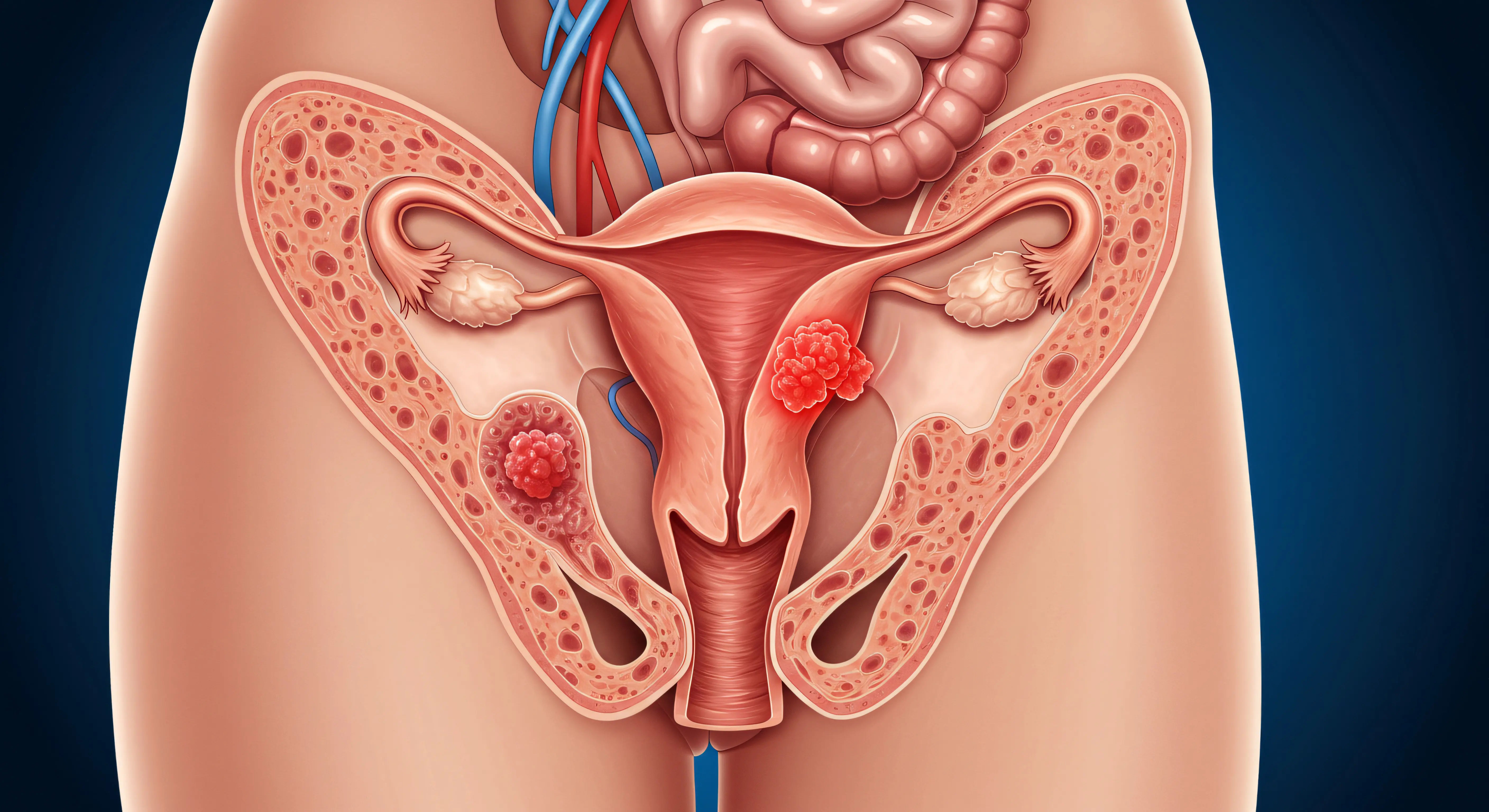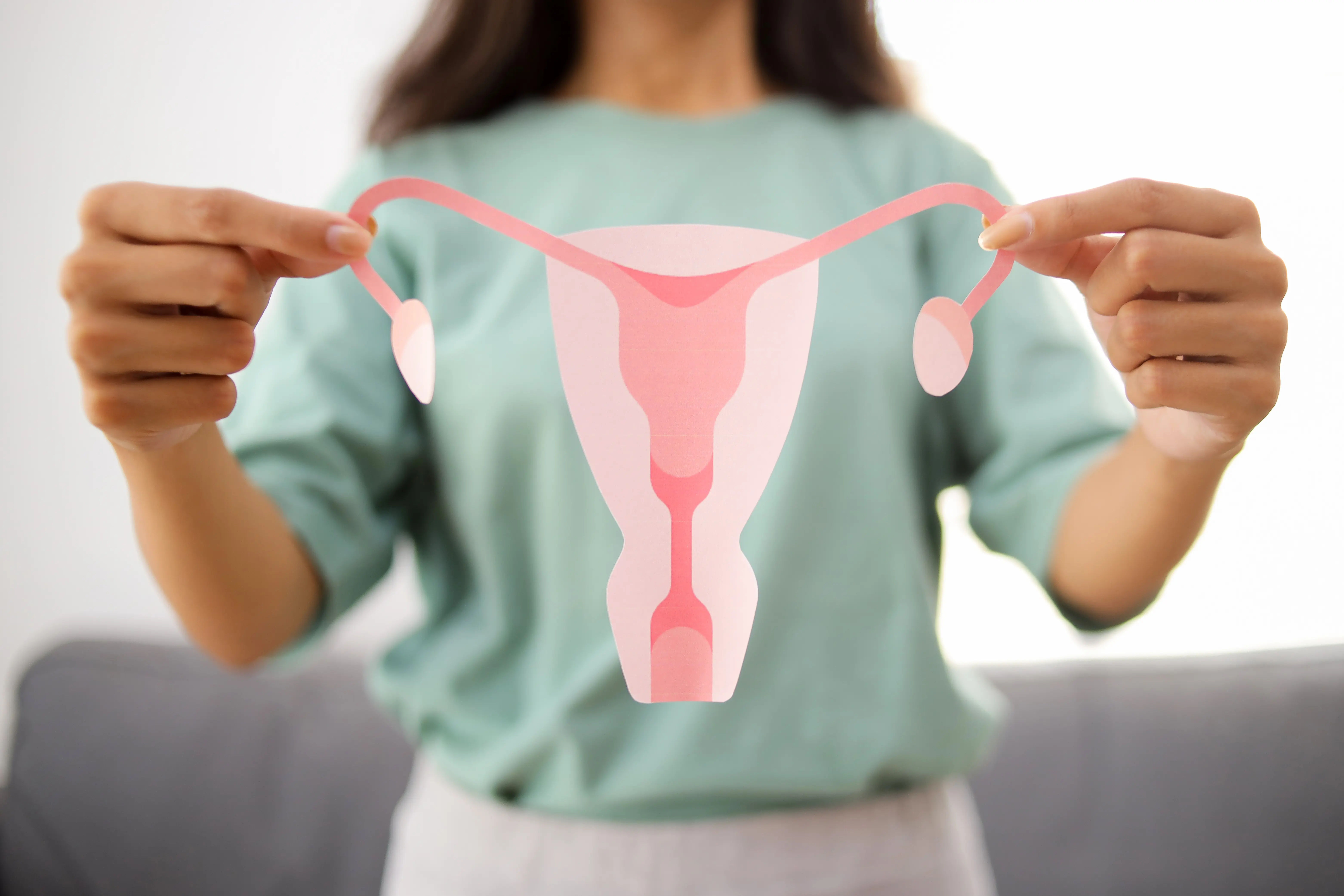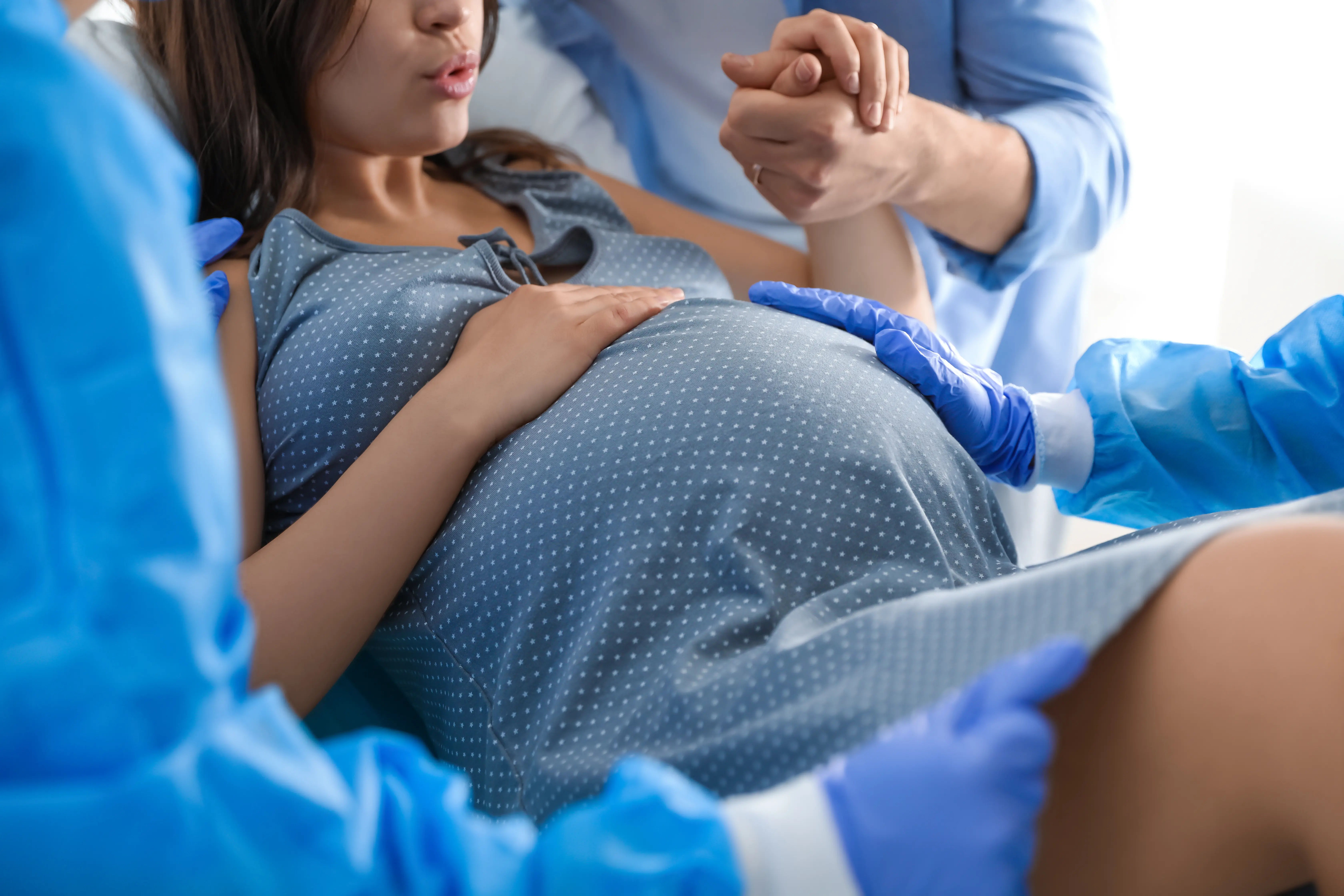Thicker Hair After Hysterectomy
Some women may experience thicker hair after a hysterectomy. Learn why this might happen, whether it’s temporary, and how to care for your hair post-surgery.


Introduction
If you’ve recently had a hysterectomy or surgical removal of the uterus, and noticed that your hair feels thicker or fuller, you’re not alone. Many women experience changes in their hair texture and growth after this procedure. While some may welcome the change, others might wonder why it’s happening and whether it’s normal.
In this article, we’ll explore why hair may become thicker after a hysterectomy, whether it’s a temporary or permanent change, and how you can care for your hair during this transition.
Consult Top Specialists for Personalised Heart Health Advice
Why Does Hair Become Thicker After a Hysterectomy?
A hysterectomy can affect your body’s hormone levels, especially if your ovaries are also removed (oophorectomy). Here’s how hormonal changes may lead to thicker hair:
1. Changes in Oestrogen and Testosterone Levels
Hormonal imbalances after surgery may influence hair growth and texture.
Before a hysterectomy, oestrogen helps regulate hair growth, keeping it in a steady cycle.
After surgery, if the ovaries are removed, oestrogen levels drop significantly.
At the same time, testosterone—a male hormone present in small amounts in women—may become more dominant.
Higher testosterone can lead to thicker, coarser hair, especially on the scalp, face, or body.
2. Reduced Hair Shedding
Oestrogen also plays a role in hair shedding. Lower oestrogen levels may slow down the natural hair loss cycle, making hair appear fuller.
3. Improved Iron Levels (If Heavy Bleeding Was an Issue)
Better iron levels post-surgery may support healthier hair growth.
If you had heavy periods before the hysterectomy, you might have had low iron (anaemia), which can cause hair thinning.
After surgery, if bleeding stops, iron levels may improve, leading to healthier hair growth.
Is Thicker Hair Permanent?
Not always. Hair changes after a hysterectomy can vary:
Temporary Thickening: Some women notice thicker hair for a few months before it stabilises.
Long-Term Changes: If hormone levels remain altered especially after ovary removal, hair texture may stay thicker.
Hair Thinning Later: Over time, some women experience hair thinning due to ageing or hormonal shifts.
How to Care for Your Hair After a Hysterectomy
1. Maintain a Balanced Diet
A nutritious diet supports hair strength and shine. Include:
Protein: Hair is made of keratin, so include eggs, lean meats, beans, and nuts.
Iron & Zinc: Found in spinach, lentils, and seafood, these support hair health.
Vitamins A, C, D & E: Essential for hair strength and growth.
2. Gentle Hair Care Routine
Avoiding harsh treatments can help prevent breakage and dryness.
Avoid excessive heat styling and harsh chemicals.
Use mild shampoos and conditioners to prevent dryness.
Massage your scalp to improve blood circulation.
3. Manage Stress
Stress can trigger hair loss. Try relaxation techniques like yoga, meditation, or deep breathing.
4. Hormone Replacement Therapy (HRT) Consideration
If you’ve had your ovaries removed, discuss HRT with your doctor to balance hormones and minimise hair changes.
When to See a Doctor
While thicker hair is usually harmless, consult a doctor if you notice:
Sudden, excessive hair growth in unwanted areas like the face.
Patchy hair loss or bald spots.
Severe scalp dryness or itching.
If you’re concerned about hormonal changes or hair health, you can book a consultation with an Apollo24|7 specialist for personalised advice.
Final Thoughts
Thicker hair after a hysterectomy is often a result of hormonal shifts and can be a positive change for many women. However, everyone’s experience is different. Eating well, managing stress, and following a gentle hair care routine can help maintain healthy hair.
If you have concerns about hair changes or other post-hysterectomy symptoms, don’t hesitate to reach out to a healthcare provider. You can also schedule any recommended tests through Apollo24|7 for a clearer understanding of your body’s changes.
Consult Top Cardiologists
Consult Top Specialists for Personalised Heart Health Advice

Dr. Zulkarnain
General Physician
2 Years • MBBS, PGDM, FFM
Bengaluru
PRESTIGE SHANTHINIKETAN - SOCIETY CLINIC, Bengaluru

Dr. Sumanjita Bora
Cardiologist
9 Years • MBBS, PGDCC
Bengaluru
Apollo Clinic, Sarjapur Road, Bengaluru

Dr. Bhethala Sharan Prakash
General Physician/ Internal Medicine Specialist
5 Years • MBBS MD
Bengaluru
PRESTIGE SHANTHINIKETAN - SOCIETY CLINIC, Bengaluru

Dr. Anand Ravi
General Physician
2 Years • MBBS
Bengaluru
PRESTIGE SHANTHINIKETAN - SOCIETY CLINIC, Bengaluru

Dr. Tripti Deb
Cardiologist
40 Years • MBBS, MD, DM, FACC, FESC
Hyderabad
Apollo Hospitals Jubilee Hills, Hyderabad
Consult Top Cardiologists

Dr. Zulkarnain
General Physician
2 Years • MBBS, PGDM, FFM
Bengaluru
PRESTIGE SHANTHINIKETAN - SOCIETY CLINIC, Bengaluru

Dr. Sumanjita Bora
Cardiologist
9 Years • MBBS, PGDCC
Bengaluru
Apollo Clinic, Sarjapur Road, Bengaluru

Dr. Bhethala Sharan Prakash
General Physician/ Internal Medicine Specialist
5 Years • MBBS MD
Bengaluru
PRESTIGE SHANTHINIKETAN - SOCIETY CLINIC, Bengaluru

Dr. Anand Ravi
General Physician
2 Years • MBBS
Bengaluru
PRESTIGE SHANTHINIKETAN - SOCIETY CLINIC, Bengaluru

Dr. Tripti Deb
Cardiologist
40 Years • MBBS, MD, DM, FACC, FESC
Hyderabad
Apollo Hospitals Jubilee Hills, Hyderabad




